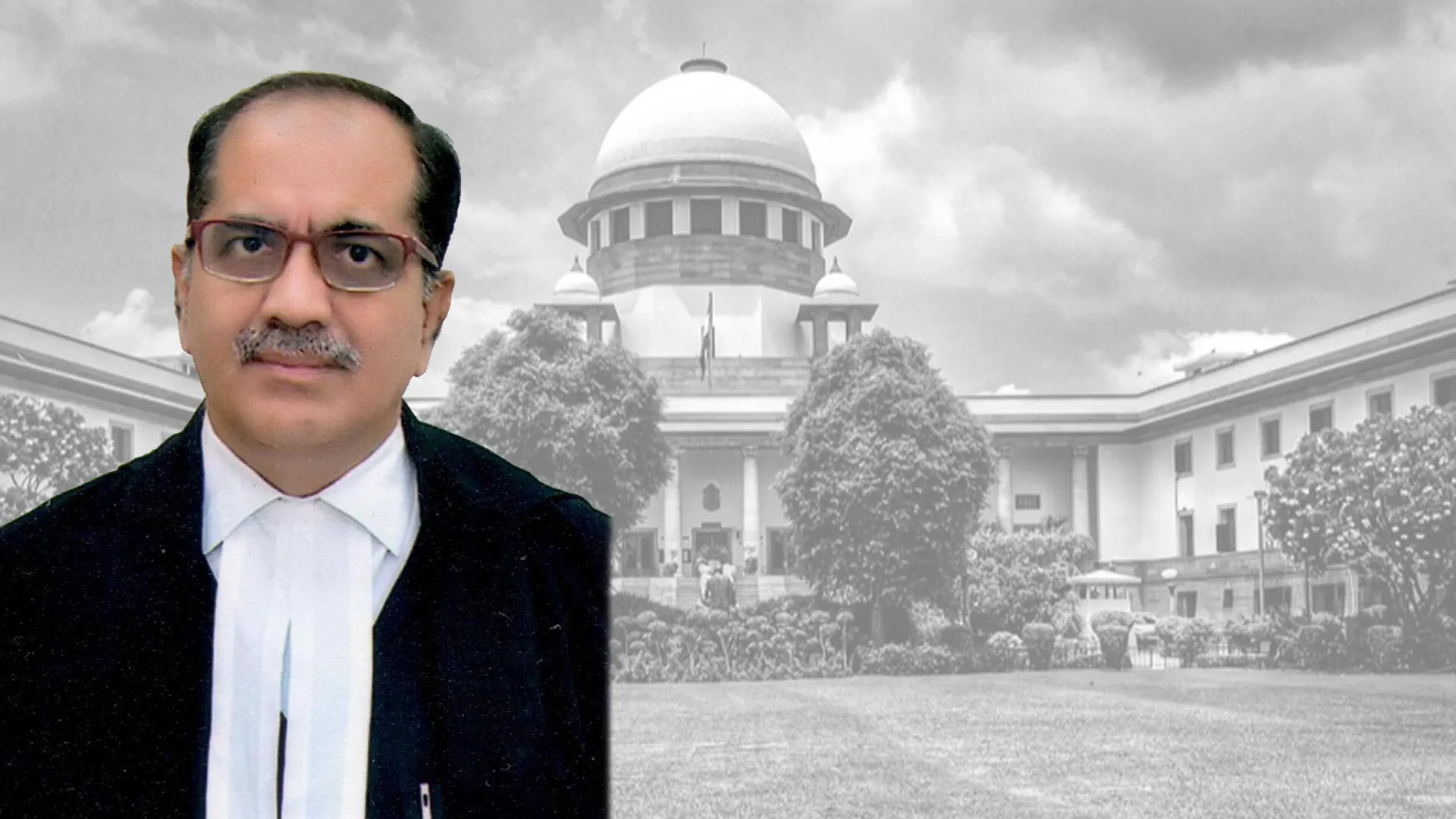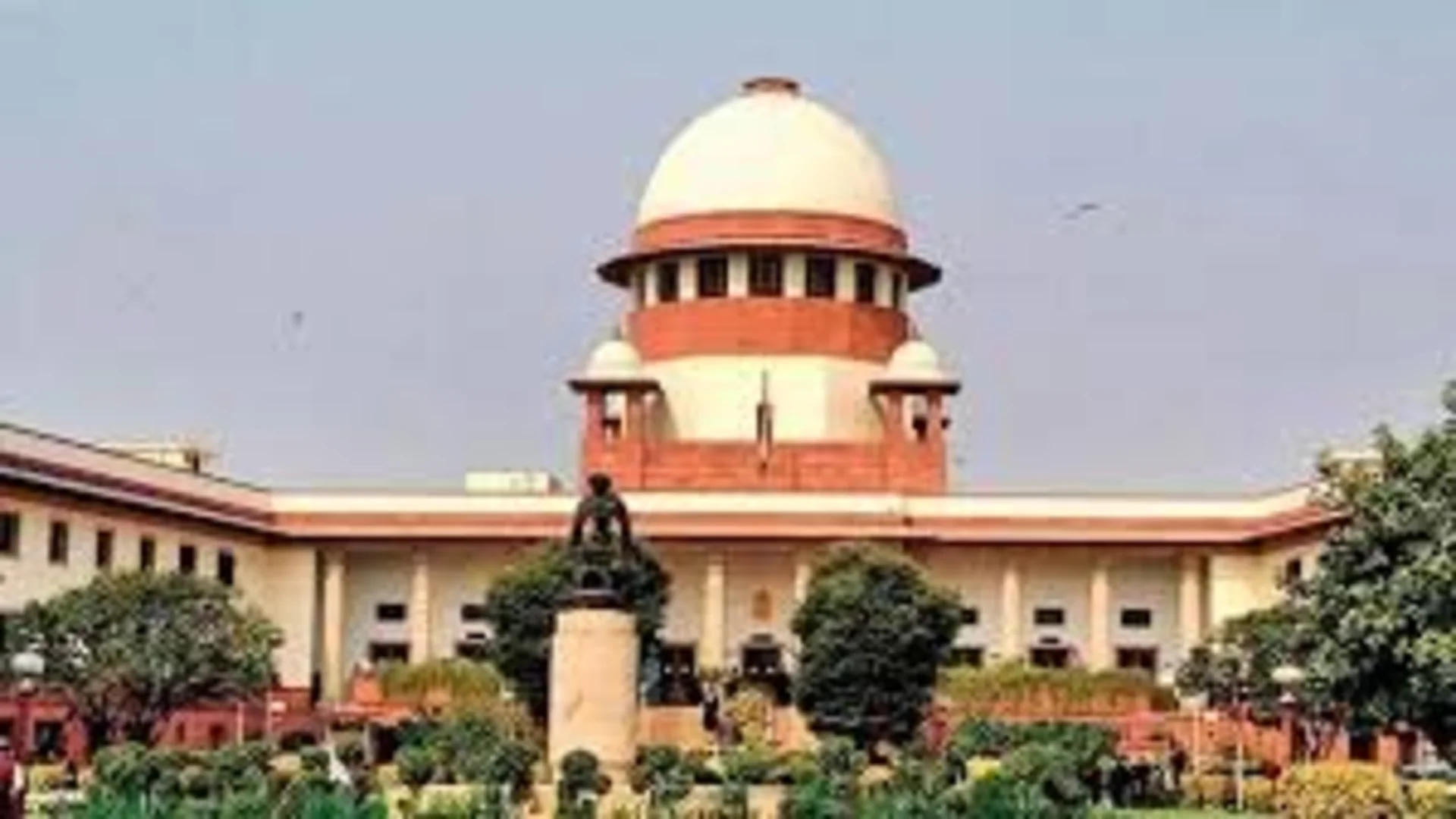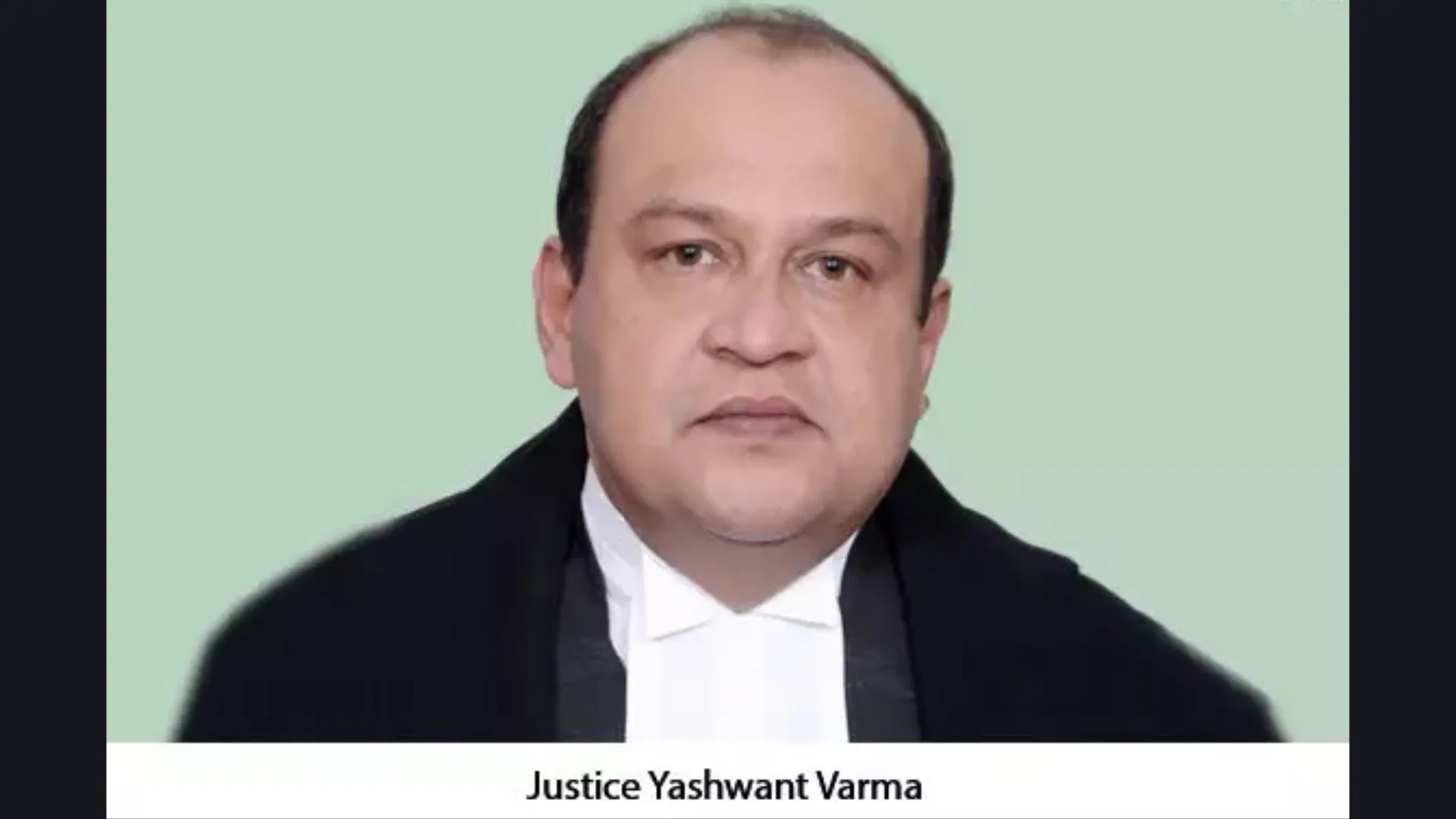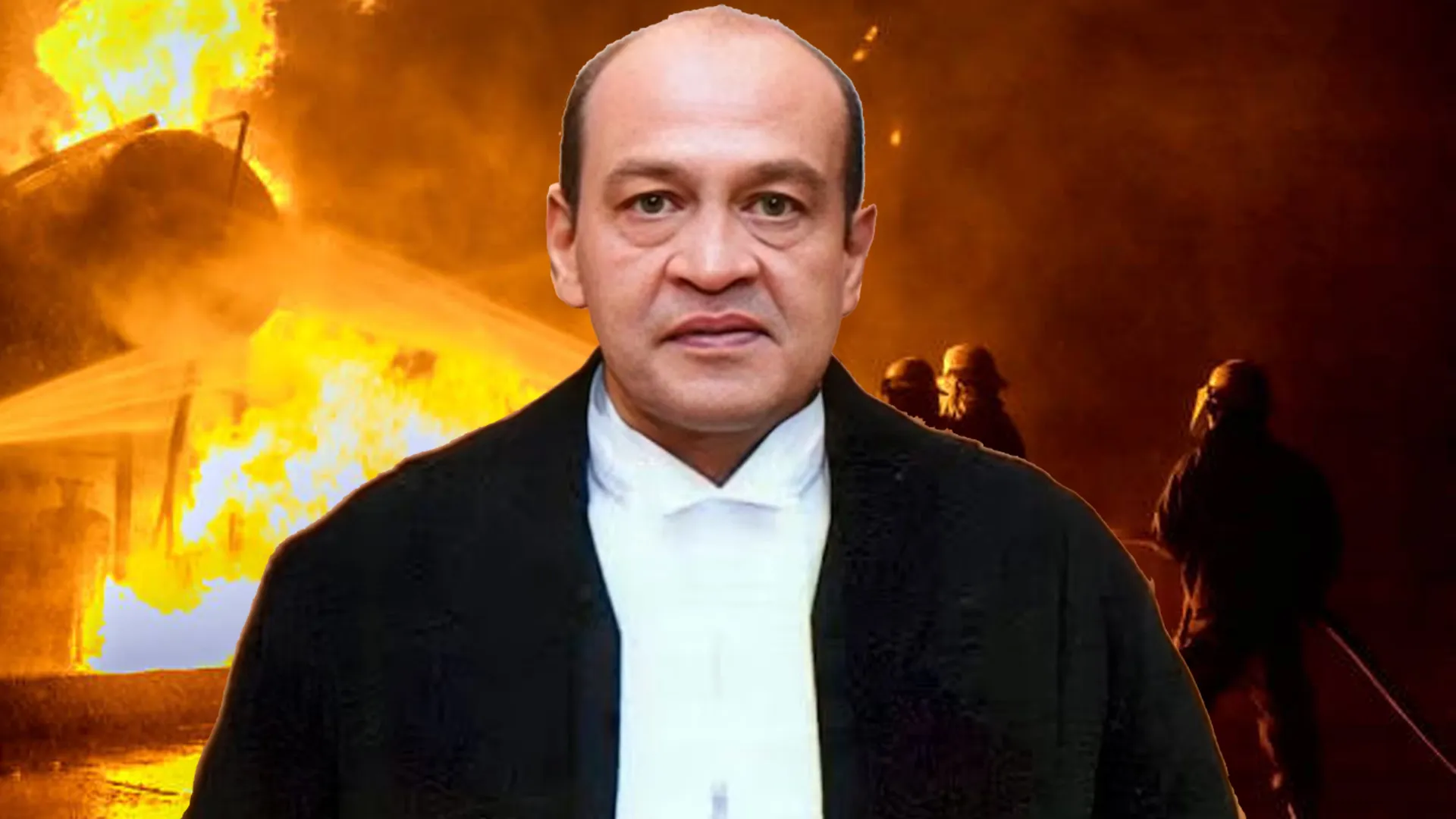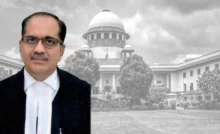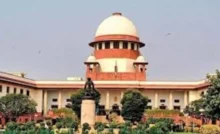The Supreme Court in the case Nanjundappa vs State of Karnataka observed that would not apply to a criminal case, the doctrine of res ipsa loquitur stricto sensu.
when there is no report of a technical expert to corroborate the prosecution story as The Appellants therefore are entitled to be given the benefit of doubt furthermore It is even more unbelievable that Appellant no. 2 came in contact with the same voltage and managed to get away with a few abrasions.
when such current passed through the Television set, it did not blast and melt the wiring of the entire house and the court further added that it sounds completely preposterous that a telephone wire carried 11KV current without melting on contact.
While evaluating such evidence the jury should bear in mind that inference of guilt should be the only reasonable inference from the facts as In case of circumstantial evidence, there is a risk of jumping to conclusions in haste However the conviction of the accused persons seems wholly unjustified against the weight of the evidence adduced, in the present case. The Court also referred to the case of Syad Akbar Vs. State of Karnataka in which this Court proceeded on the basis that doctrine of res ipsa loquitur stricto sensu would not apply to a criminal case as its applicability in an action for injury by negligence is well known, observed by the court in the present case.
The court noted that there is no eye witness to say conclusively that the Appellants were in fact executing the work at the place alleged and further the court notice that no report or even inspection was conducted by a technical expert to assess the veracity of the averments made by the complainants to suggest that it was due to the alleged acts of the Appellants that the incident took place. the allegations against the Appellants are highly technical in nature, notice by the court on perusing the evidence on record.
On 21th November 2003 at 1.00p.m. the deceased was watching TV in his house. Noticing a sudden sound in the TV, the deceased got up to separate the dish wire, the TV connection wire and the telephone wire, which were entwined together, he felt an electric shock and his right hand was burnt and as a result of this shock he succumbed to death at that point of time it was found that the said incident took place because of the negligent act on the part of the accused, the supervisor (an employee in the telephone department ) and daily wage worker employed by him, as it was found out in the investigation. under Section 304A read with Section 34 IPC was upheld by the Karnataka High Court, the appellant is convicted.
the bench comprising of CJI NV Ramana, Justice Krishna Murari and the justice Hima Kohli observed under Section 304A of Indian Penal Code for causing death by negligence, while acquitting two persons that prosecution has to firstly prove negligence and then establish direct nexus between negligence of the accused and the death of the victim, for bringing home the guilt of the accused.
The Court also referred to the case of Syad Akbar Vs. State of Karnataka in which this Court proceeded on the basis that doctrine of res ipsa loquitur stricto sensu would not apply to a criminal case as its applicability in an action for injury by negligence is well known, observed by the court in the present case.



